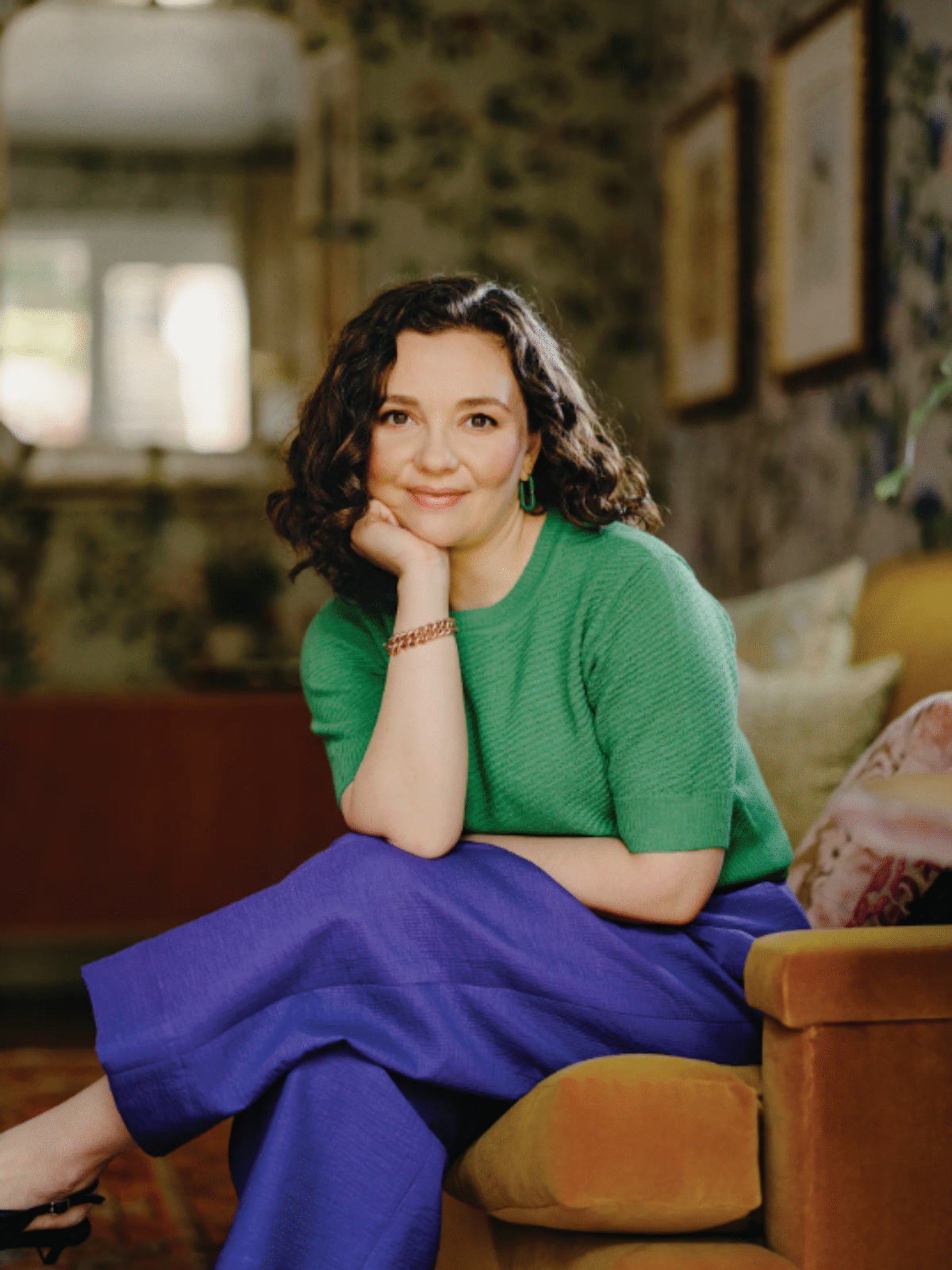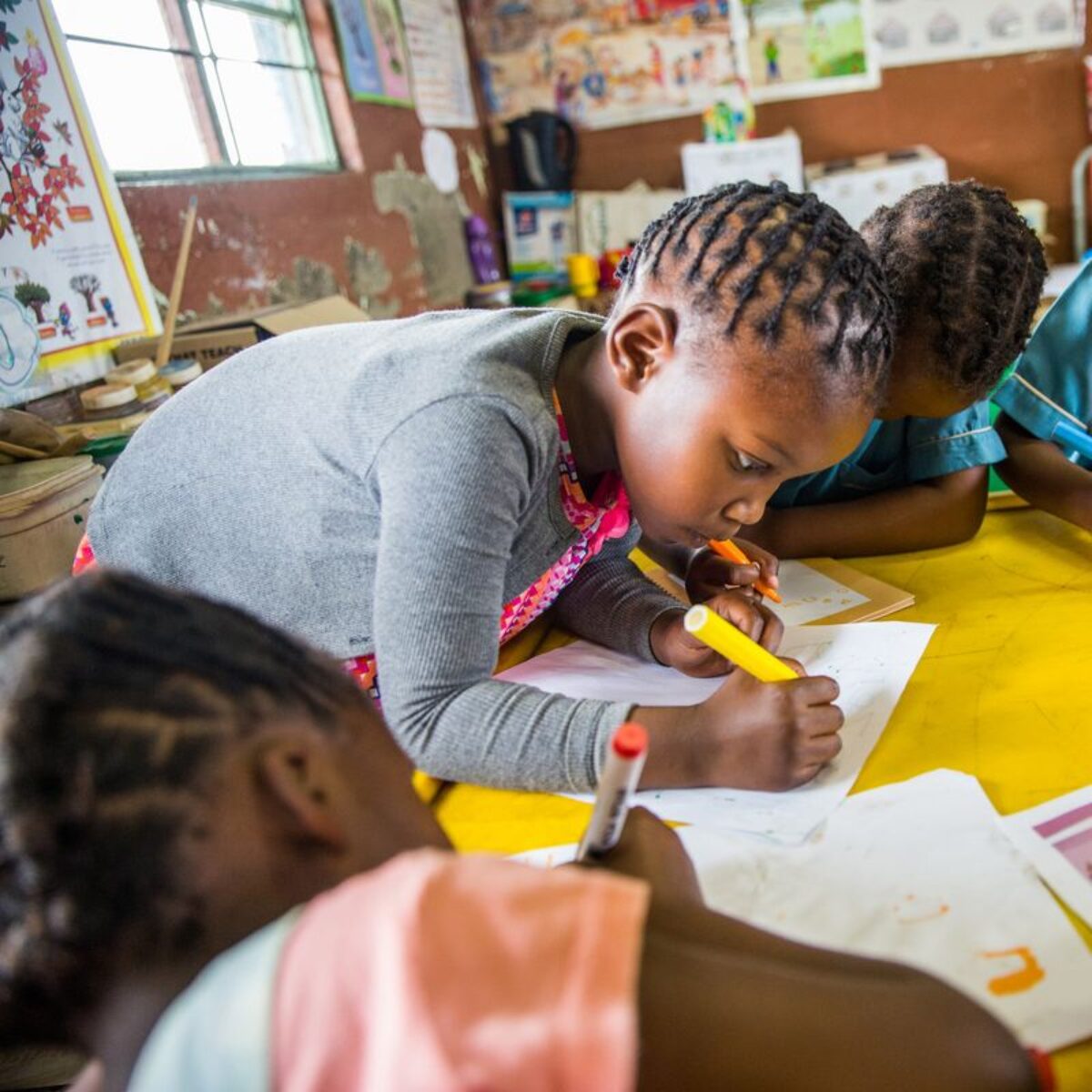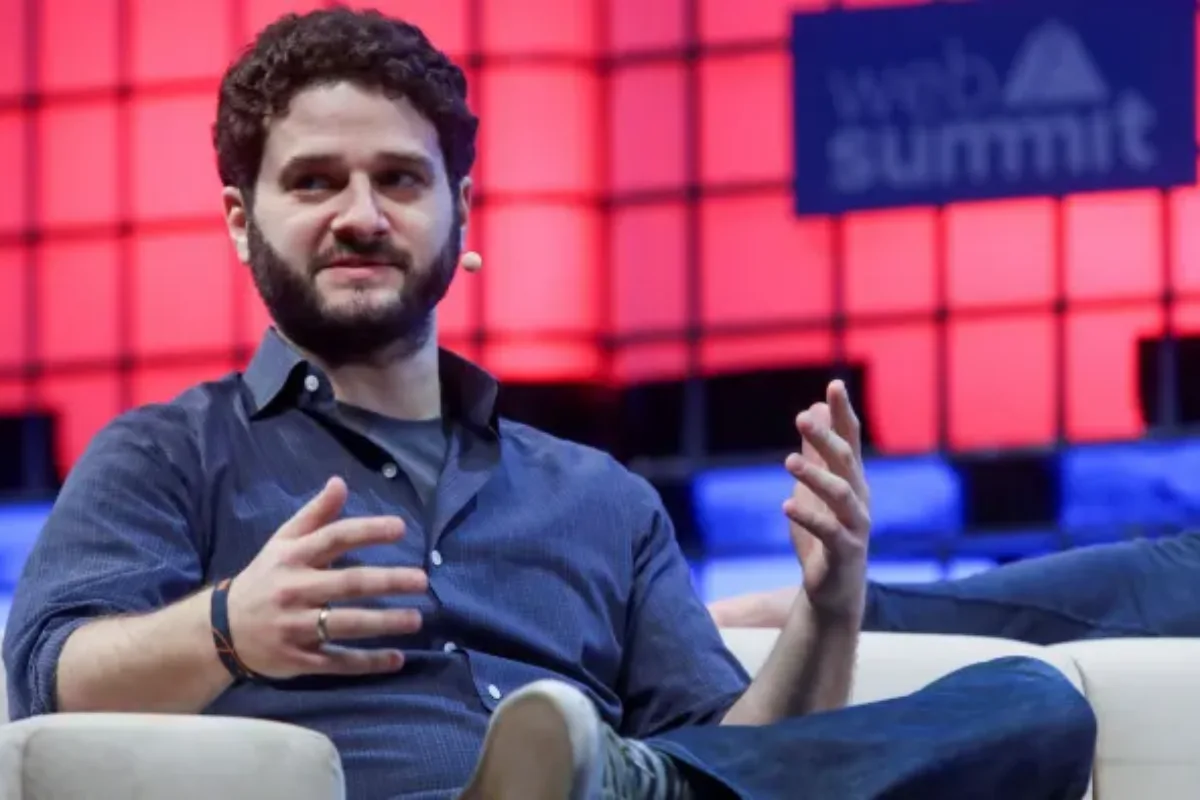Philanthropy’s Most Powerful People Under 40
A former Wall Street Journal reporter, Tuna cofounded Good Ventures and is one of the main funders of Open Philanthropy along with her husband, Dustin Moskovitz. Moskovitz, whose fortune Forbes pegs at around $15 billion and is only 40 years old himself, was a cofounder and marathon coder at Facebook.









